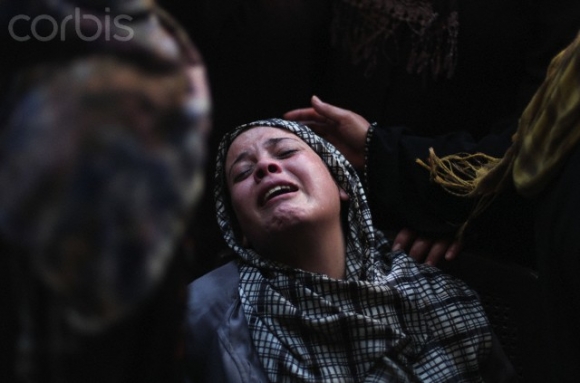Here on America’s Thanksgiving weekend, I accompany a mother as shearranges final rites for her only son Robert. Because I knew Robert andhis mom, I’ve been drawn into the family during his final days and hours,with his last feebly spoken words to us, decisions with medics on histransfer to the hospice, searching his mobile phone to locate associateswe never met, contacting distant family.What stands out in this otherwise sad and heavy experience is the supportsystem available to his mother; she’s 86 and a widow with no familynearby.Having recently returned from Asia, I remember how friends there expresspity and disdain for what they understand as an impoverished familystructure in the West. “There’s no one to look after you”, they charge.“You’ve no help at times of need.” This is true only to a limited degree.Anyway I wonder if the West can match the misery I see so many Asiandaughters-in-law experience (only one of many ills I see in that‘glorified’ extended family-- Hindu, Buddhist, Muslim, Christian).Reviewing recent election statistics, I am reminded that a startling 28%of adult Americans live alone. (In Scandinavian countries, it’s 45%.) Butthis doesn’t mean Americans and Europeans endure their personal crisesalone. Today, what I am witnessing around the death of Robert is testimonyto this. Pauline, the grieving mother who I’ve been with this week, is amember of a neighborhood circle of 8 women. These friends range in agefrom 72 to 90; some live alone; some have children; some have salariedjobs while others are retired. They meet regularly, it seems, to celebratebirthdays and for holiday celebrations; they phone each other to check onneeds; they listen to each other, advise each other, and they have funtogether too. I met most of them in recent days, gathering around Paulineafter they learned her son was failing. Distant relatives will be flyingin from California, Georgia and elsewhere for the funeral but Pauline’sfriends are here at the hardest moments and will be here after therelatives return to their homes.Back to our Gaza and Syrian mothers: their sons and daughters die asmartyrs. Most of us do not understand that experience, deaths which theentire nation mourns and also celebrates. Meanwhile so many of these warmothers are deprived of the wide possibilities women could have, in orderto birth and nurture their young ones-- their duty for the revolution.
